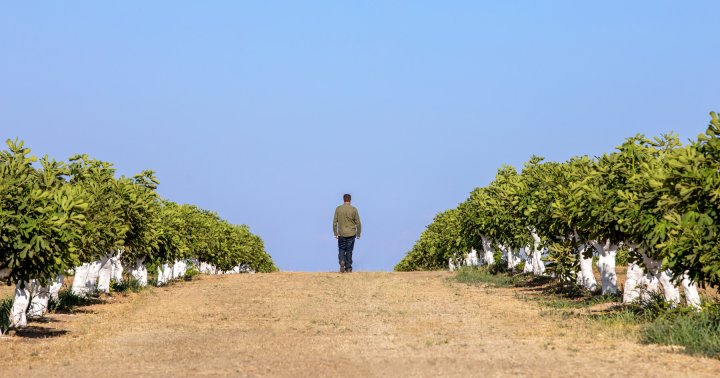

Many of the greatest challenges embedded within our modern food system originate on the farm, where short-term agricultural gains are creating long-term problems. For example, chemical fertilizers and pesticides may yield more output, but they can also be toxic to humans and harm our soil for future harvest. And industrial agriculture may feed higher numbers via commodity grains like maize, corn, and wheat—but these “cereal crops” are not the nourishing foods our bodies need. On top of that, small farms (which make up 72% of all farms) are gradually disappearing, in part because of corporate agriculture’s initiatives to produce at scale.
Thus, a more sustainable food system also starts on the farm, which is exactly why healthy soil, synthetic-free crops, and empowered farmers are at the heart of Daily Harvest’s every decision. Sustainable farming practices hold a lot of promise, not just for our individual health, but the planet’s. Here are a few of them:
Cover cropping: This natural process entails planting for the sake of covering the soil, versus harvesting. Cover crops have been proven to benefit soil health, increase crop yield, and control pests and diseases naturally.
Organic pest control: Organic farming uses natural pesticides like animal byproducts or mined minerals instead of synthetic chemicals like glyphosate. This doesn’t just support the health of our soil, it means fewer chemicals making their way into our food, water, and bodies. Beneficial not just for us, but for the people who grow our food and surrounding communities.
Biodiversity: Agricultural biodiversity is defined as “the variety and variability of animals, plants, and microorganisms that are used directly or indirectly for food and agriculture.” In terms of farming, biodiversity is known to improve soil health, yield more nutrient-dense foods, and strengthen ecosystems.
